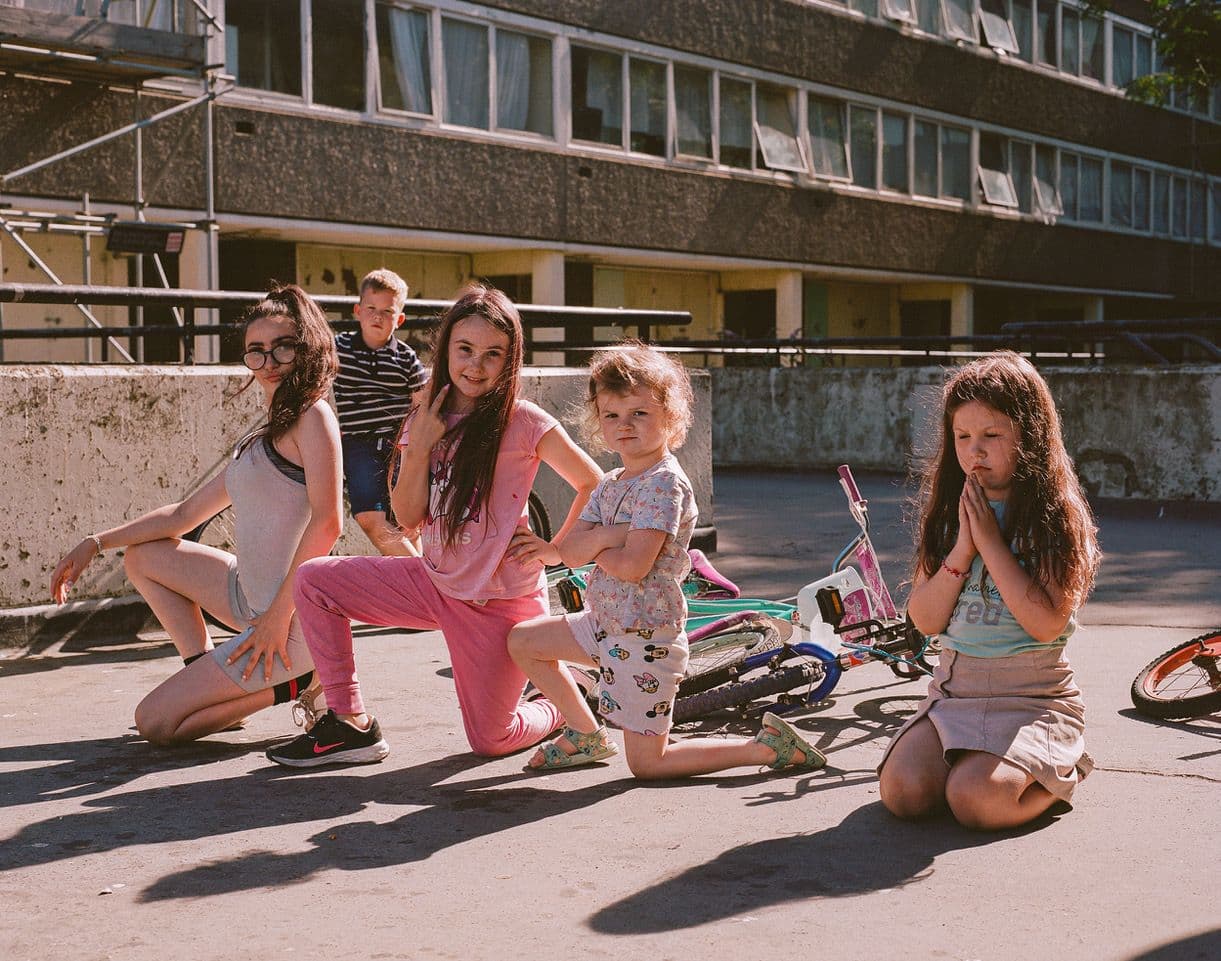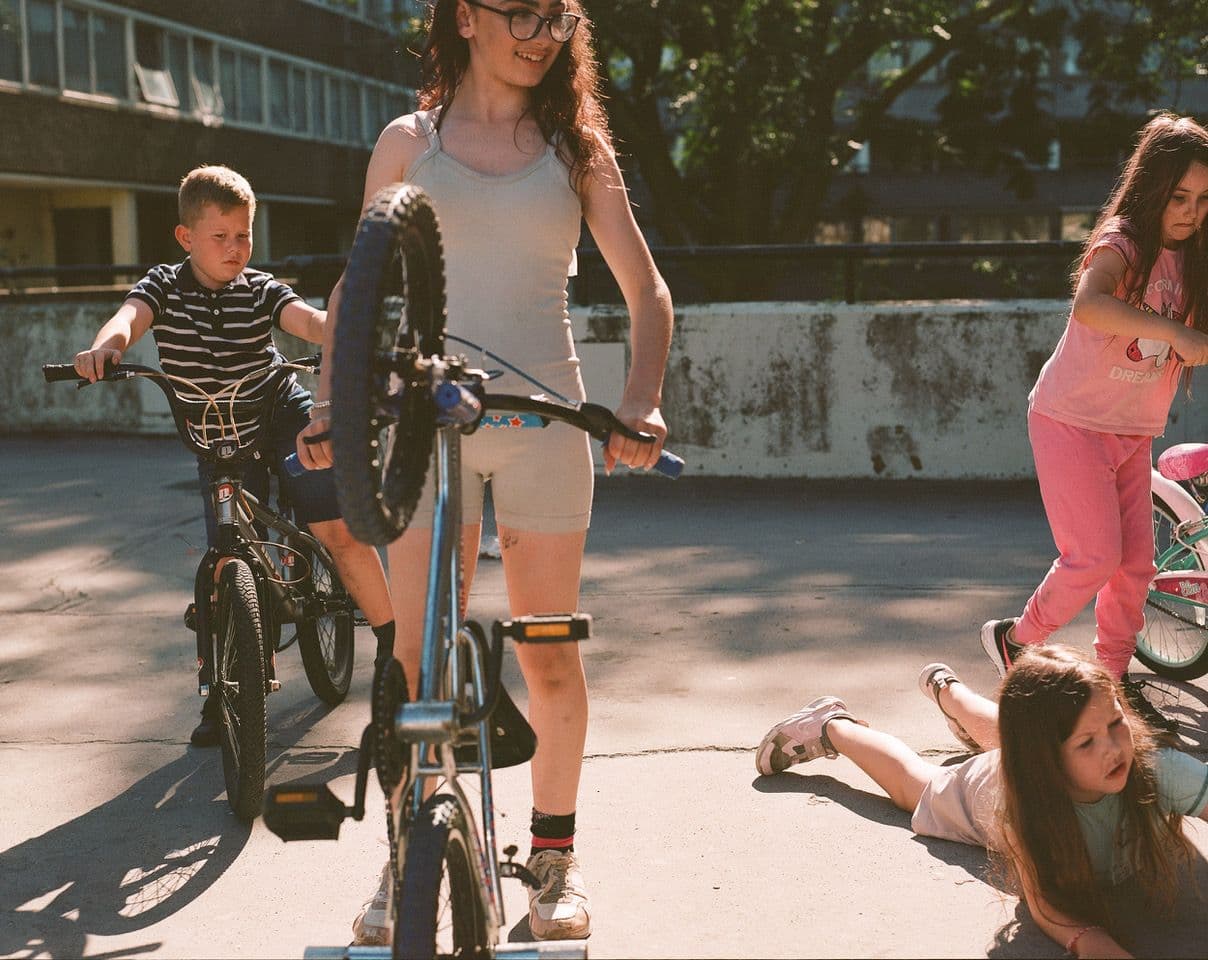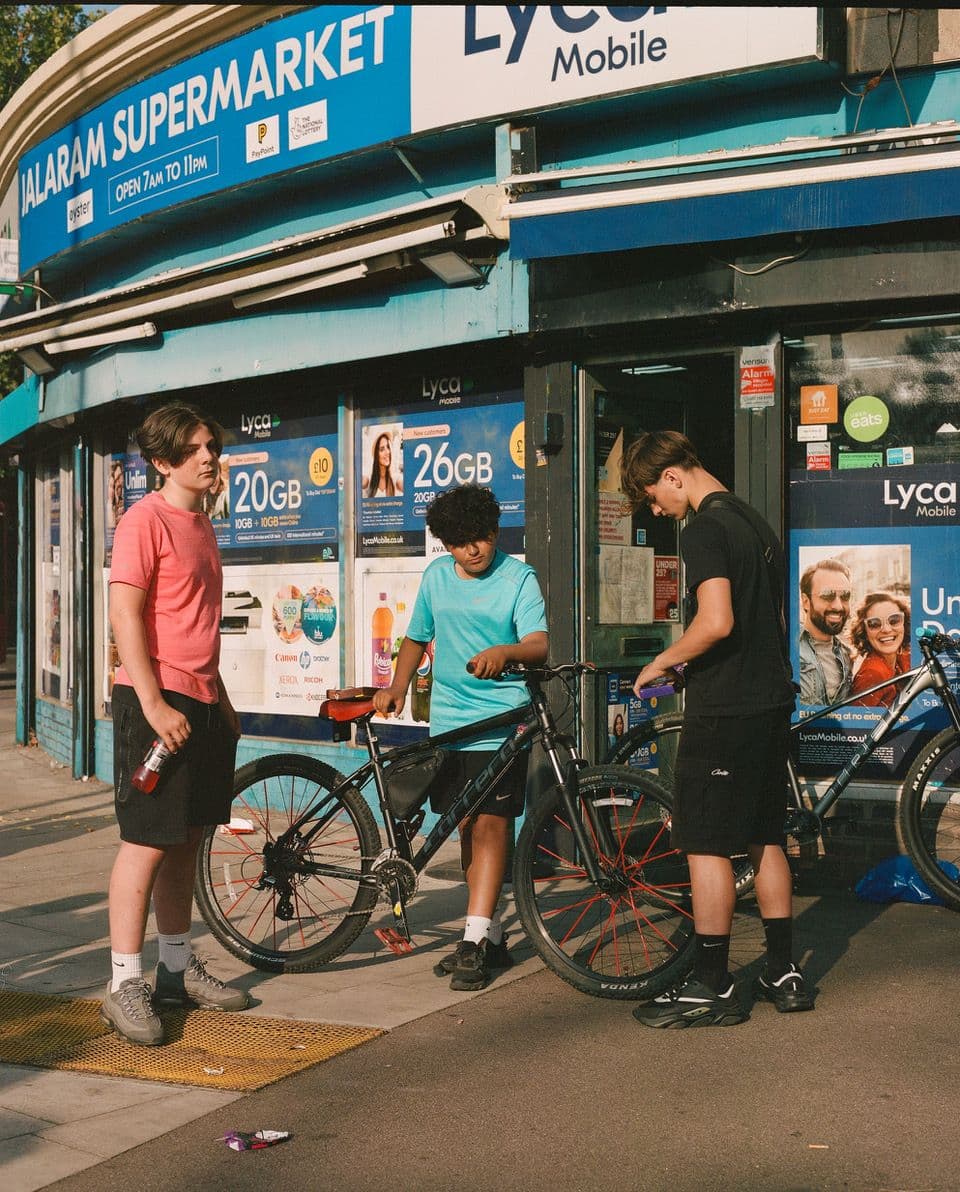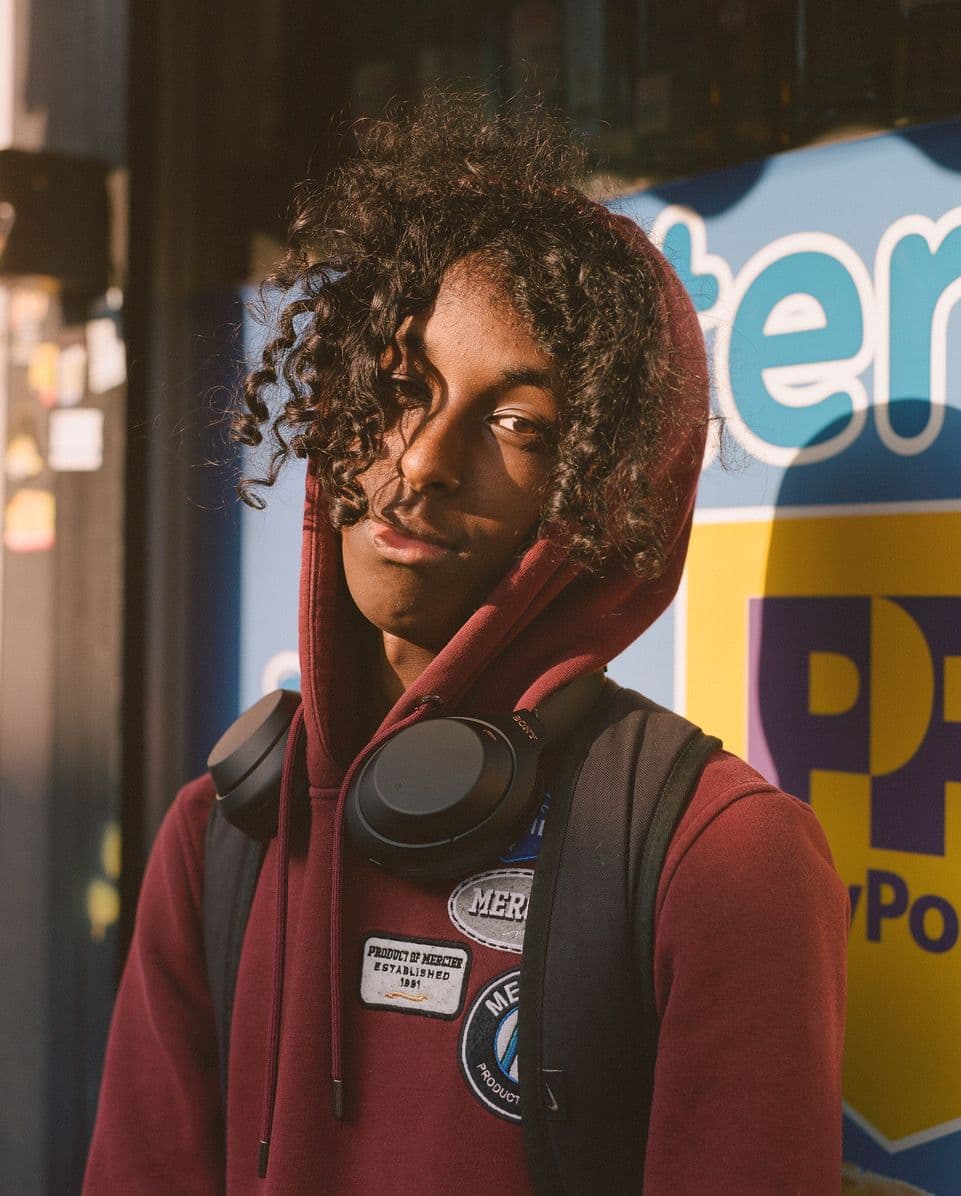





The youth of today live in a world of contrasts, where opportunity and innovation coexist with inequality and systemic barriers. Among them, marginalised young people—those facing economic, racial, or social disadvantage—stand out not for their struggles alone, but for their resilience, creativity, and determination to carve a space for themselves in a world that often overlooks their potential.
In communities that experience chronic poverty, these young people often grow up acutely aware of the challenges they face. Limited access to education, healthcare, and social mobility shapes their early lives, yet many of them develop a profound resourcefulness, turning adversity into opportunity. They find ways to learn, to connect, and to express themselves, often harnessing technology and community networks to bridge gaps and build their futures. These young individuals show an ability to adapt to environments that demand more of them than of their peers, finding hope in small victories and inspiration in the stories of others like them. In this series Nico Froehlich is working on developing the creative skills if kids within his community, exploring their eye, offering powerful insights and solutions that those outside their lived experience might overlook.
Education systems often fail to accommodate diverse needs or adequately fund schools in underserved areas. Injustice in law enforcement and institutional bias exacerbates inequalities, pushing some youth further into the margins. For those growing up in environments rife with violence or instability, the path to opportunity feels even narrower. Despite these realities, these young people continue to push forward, often building their own support systems when none exist.
The role of society in empowering marginalised youth cannot be understated. Programs that focus on mentorships like Nico Froehlich, where skill development, and inclusive education have shown significant impact in levelling the playing field. Providing platforms where their voices are heard and their contributions valued creates a ripple effect, lifting not just individuals but entire communities. This generation, despite the odds, is increasingly vocal about their right to belong and to succeed. They use the power of social media to connect, collaborate, and advocate for a world that recognises their worth.
As society watches their journey, it is evident that these contributions will define much of what the future holds—a future shaped not only by those in power but by those who refuse to be silenced.
